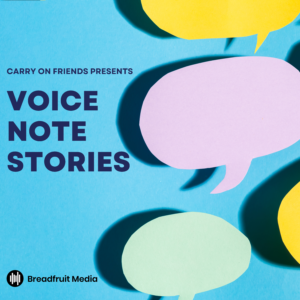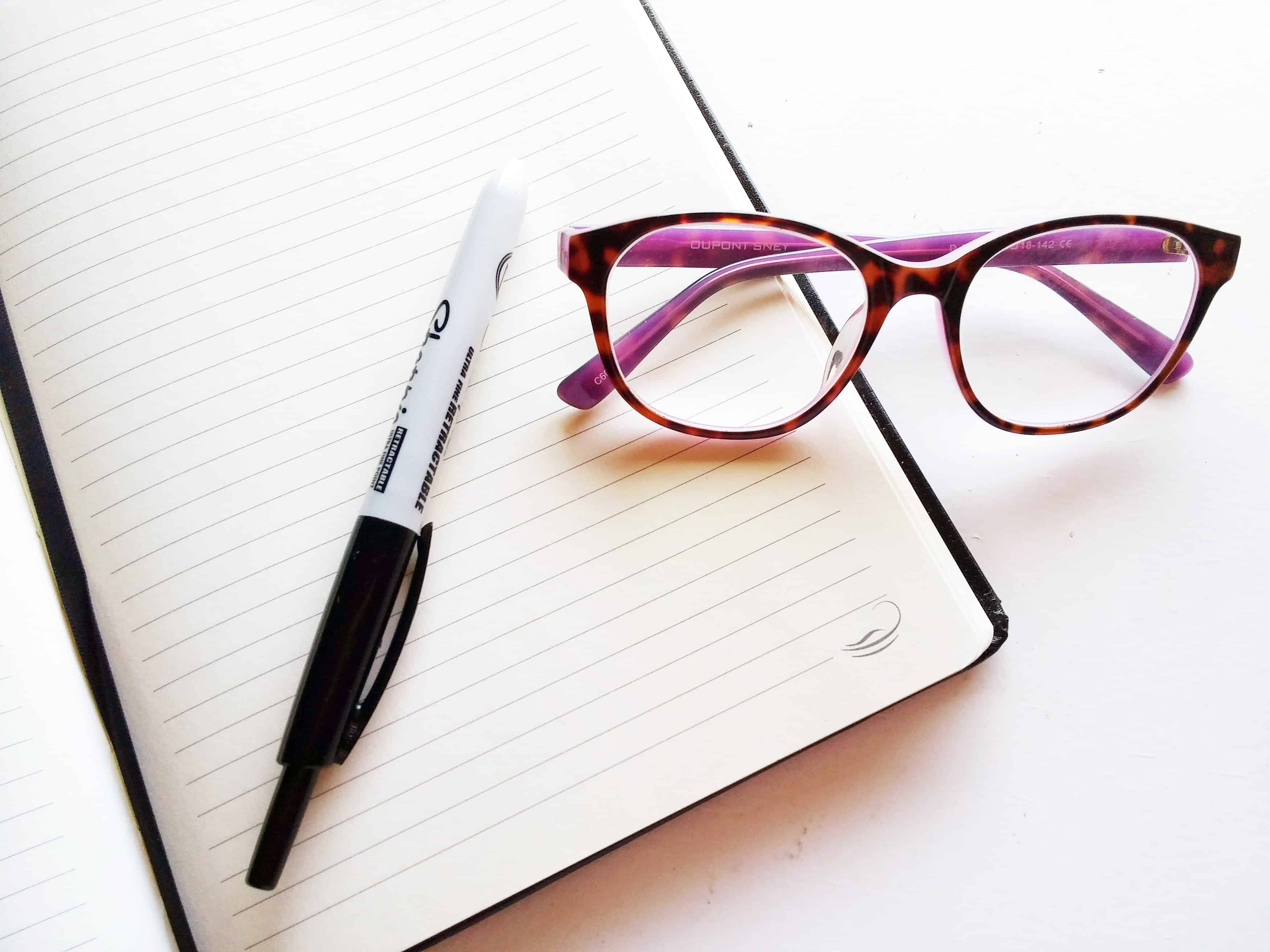
I recently wrote about the benefits of writing in a journal. Benefits which include a therapeutic clearing of the mind. I’ve been writing in journals for over 14 years and in the last 5 years I’ve been averaging 2 journals per year. But don’t be fooled! I did not start out a writer. My first journal covered 2 years, from 12/24/01 to 12/23/03 and the book still wasn’t completely full.
The desire was always there to have a journal but early experiences of violation of privacy caused me to be afraid to own one. The fact that my first journal started December 24, 2001 was an indication of uncertain times. As a New Yorker with the attacks on the World Trade Center fresh in our minds, plus I’d lost and started a new job all within 3 months. Back then writing was hard. I felt exhausted at the thought of writing and when I did write, I wrote long entries and so I was truly exhausted physically.
A Career (and Business) Necessity
So, how did I get from one journal in two years to 2 journals in one year? Since the majority of my entries in the first book were in 2003, in hindsight I think it began as a work necessity – as a paralegal, I needed to take notes accurately and as quickly as possible.
Back in 2003 when I first started working in a law firm, I remembered the day an associate called me to his office for an assignment. I was a bit nervous because I was only there for 2 weeks and I was about to get my first non-training assignment. So I went to his office and listened as he told me what he wanted done. Then mid-way into the conversation he stopped and said you should take notes and add that I should always have a notebook. I felt slightly embarrassed, went in search of a legal pad and tried to remember as much of what he said. Since that meeting I’ve been taking notes and I do not go to an office or meeting without one.
As it turns out, writing in my journal was my practice towards taking better notes at work, in business. And in turn writing for work and business helped me get used to writing often. And over the years one helped the other and the skill continues to develop.
How to take better notes
- Use a notebook. This might seem obvious to most people but it’s not always the case. Loose pieces of paper, post-its aren’t good for taking notes. A notebook is ideal so you can keep notes together and to make it easier to reference previous notes.
- Make note of the date and time. This will help you find notes in the future.
- If you’re in a meeting or on a call indicate as such in your notes and include who else was present/participated. Example: “Meeting with” or “Conference call with”.
- It’s not about writing everything word for word. It’s about listening and understanding what is being discussed and capturing the main points so that when you go back to type them up or fill in the blank. This is important because that’s when it’s most fresh in your mind. The Atlantic wrote an article about becoming a masterful note taker and one of the lessons is “don’t just take notes, read them.” “Many of us take notes in meetings and never go back to read them again. Does that do enough to organize and cement our memory of the essential takeaways? Likely not on its own–re-reading notes later does make a difference, according to experts… “It doesn’t have to be elaborately typed up. Sometimes I use a different color pen to fill in add’l notes where space and margin is available or write “additional notes” at the end.
- It’s better to take notes with a pen and paper versus using technology. I love Evernote, but I rarely use it to take notes during a meeting or training. Why? Well it’s hard to type and take notes. While I’m a pretty good typist, usually I find myself concentrating on typing accurately than listening to what is being said. So I focus on writing my notes first and depending on the circumstance, I will go back and type them up soon after.
- Develop your own shorthand system. No I’m not taking the system of funny lines and dots. I’m talking something much simpler that you can understand by using abbreviations, numbers and shapes to help you write faster . The key here is that it shouldn’t be complicated. For example here are a few of mine:
“w/” = with
“b/c” = because
(up arrow) = up
(down arrow) = down
add’l = additional
My experience as a paralegal helped me develop my shorthand system. The Legal Bluebook and Cornell Law School both identify a list of ways every legal professional can abbreivate words in legal documents. You don’t have to be in the legal industry to use some of these abbreviations in your own note taking.
Benefits
During my years as a manager, the first thing I told my team is to never come to my office without a notebook and never go to any lawyer, manager or senior management office without one. Even if you don’t use it, it’s better to always be prepared. Preparedness is a good first impression.
It’s been said that:
“Learning to write is learning to think. You don’t know anything clearly unless you can state it in writing.” ~ S.I. Hayakawa
In the age of short attention spans, a notebook helps you retain important information or capture ideas and best of all a notebook keeps everything in one place. I know writing doesn’t come easy for everyone, it takes practice but it’s a practice that has benefits for your career, business and personal life.



